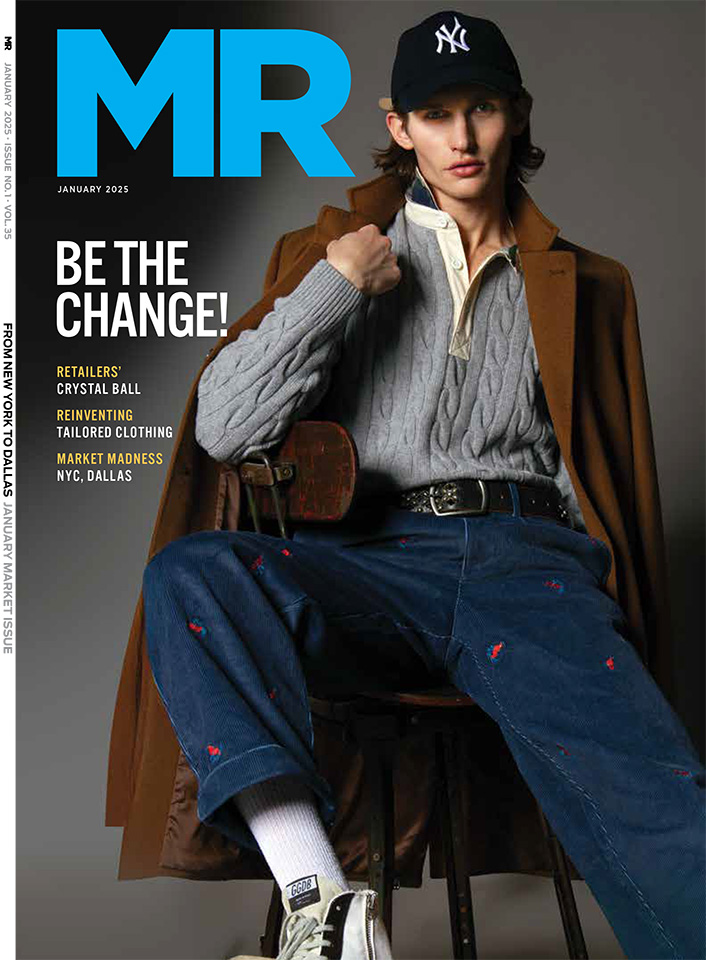In Fashion, Verbal Abuse Is Going Out Of Style

Mary Z. liked fashion when she started her career. She interned in the fashion department of Cosmopolitan, then under the editorship of Kate White, and went on to an editorial assistant role at the magazine First for Women. “Everyone was lovely,” she said. Then, she took a job as an assistant in fashion PR. The owner of one firm she worked at, she said, threw hardcover books at her and her colleagues. “He would throw things at us pretty often,” she said. “He would call us cunts.” The mid-level employees at the company weren’t much better. “I saw the way girls there treated their assistants — they would berate them,” she said. “They would call them fat.” After 15 years in fashion, sick of being subjected to and witnessing mistreatment, she moved to Washington D.C., where she now works happily at a software company run by people who “genuinely care about you and how you feel and how you think.” To the average person, The Devil Wears Prada is a farce. But to those who have worked in fashion, the 2006 film can feel like a documentary. When the movie came out 12 years ago, pre–social media, assistants who had experienced emotional abuse were virtually powerless to do anything about it. But today, emboldened by the #MeToo movement that brought down powerful alleged sexual abusers in the industry like Terry Richardson and Mario Testino, they’re finding ways to organize and share their stories — and managers have noticed. Read more at The Cut.

